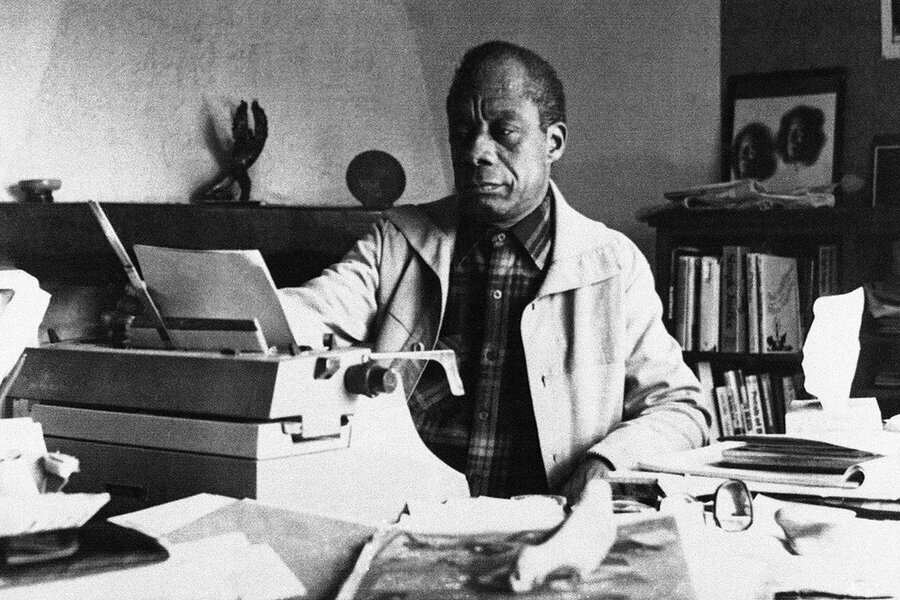Episodes
Thursday Feb 27, 2020
Episode 369: Francis Parkman Jr.: The Oregon Trail (2)
Thursday Feb 27, 2020
Thursday Feb 27, 2020
Part two of my review of THE OREGON TRAIL by Francis Parkman Jr. This book is a travel memoir, but is full of great material on American empire, Native American life, ecology, and transformation of the "Great West".
Wednesday Feb 26, 2020
H. P. Lovecraft Book Club: Episode 2: The Alchemist
Wednesday Feb 26, 2020
Wednesday Feb 26, 2020
In "The Alchemist" (1908) Lovecraft establishes one of his most important themes: vernacular networks of knowledge opposing esoteric forgotten tomes. This fascinating story is his first mature work of fiction.
Monday Feb 24, 2020
Episode 368: Francis Parkman Jr.: The Oregon Trail (1)
Monday Feb 24, 2020
Monday Feb 24, 2020
We will begin looking at one of the greatest historians of the 19th century, Francis Parkman Jr. But this first book is not a history, but a memoir of his travels in the prairie and Rocky Mountains. An interesting look at a changing, dynamic, and often cruel frontier.
Sunday Feb 23, 2020
H. P. Lovecraft Book Club: Episode 1: Juvenilia
Sunday Feb 23, 2020
Sunday Feb 23, 2020
In this inaugural episode of the H. P. Lovecraft Book Club, I introduce the series and talk about four stories Lovecraft wrote as a child: "The Little Glass Bottle," "The Mystery of the Grave-Yard," "The Secret Cave," and the (much more mature) "The Beast in the Cave".
Saturday Feb 22, 2020
Episode 367: Zora Neale Hurston Essays
Saturday Feb 22, 2020
Saturday Feb 22, 2020
So my series "Twentieth Century Girls" comes to an end with a look at some of Zora Neale Hurston's essays and assorted short non-fiction. Next up Francis Parkman Jr and a dive into mid-nineteenth century American history writing.
Tuesday Feb 11, 2020
Episode 366: Zora Neale Hurston: Dust Tracks on a Road (2)
Tuesday Feb 11, 2020
Tuesday Feb 11, 2020
Part two of my review of DUST TRACKS ON A ROAD by Zora Neale Hurston. This great memoir gets political in the second half. Listen to my thoughts on her conservatism and skepticism of racial politics.
Friday Feb 07, 2020
Episode 365: Zora Neale Hurston: Dust Tracks on a Road (1)
Friday Feb 07, 2020
Friday Feb 07, 2020
The first part of my review of Zora Neale Hurston's memoir DUST TRACKS ON A ROAD. The first part of the book deals with her childhood, her family, the origin of her imagination and curiosity, and her struggles to earn an education.
Tuesday Feb 04, 2020
Episode 354: Zora Neale Hurston: Tell My Horse (2)
Tuesday Feb 04, 2020
Tuesday Feb 04, 2020
Part two of my review of TELL MY HORSE by Zora Neale Hurston. This part of the book explores Voodoo in Haiti. A brilliant take on this tradition and its meaning in Haitian life.

